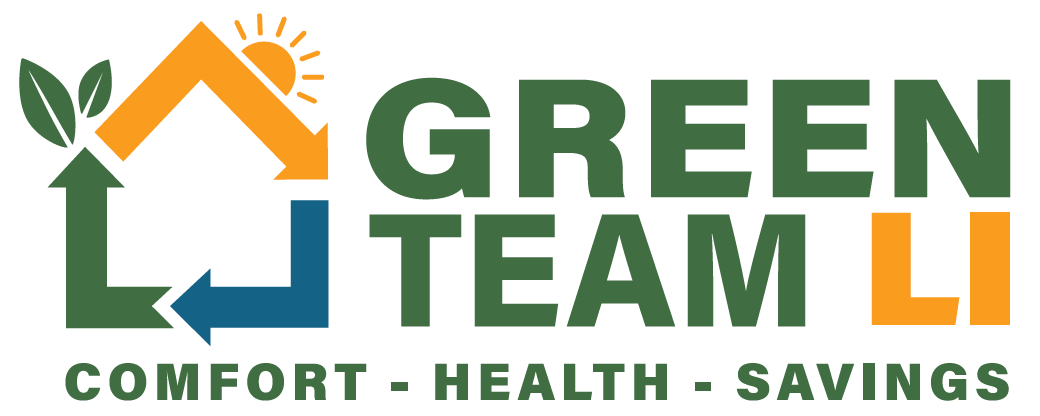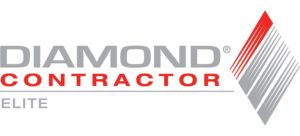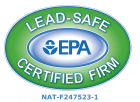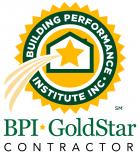If you’re looking to make your home on Long Island more energy efficient, you may be wondering where to start. Which improvements will offer the greatest energy savings, and which ones will have the biggest impact on making your home more comfortable? Wouldn’t it be great if you could have someone test your home and tell you exactly which home upgrades to tackle first?
You can do exactly that when you have a certified professional conduct an energy audit on your home. An energy audit is a comprehensive assessment of your home’s energy efficiency and helps you uncover inefficiencies that are invisible to the naked eye. After the audit, you’ll know exactly which upgrades to complete — and where — to save money on your energy bills.
Wondering what an energy audit might look like inside your own home? Here is a brief look at what you can expect when you schedule this in-depth energy assessment.
What Does an Energy Audit Entail?
Homeowners frequently ask us to explain how an energy audit is done and what it entails. Three of the most important parts of an energy audit are blower door testing, thermal imaging with an infrared camera, and combustion safety testing.
Blower Door Testing
A blower door test measures how much air is leaking into and out of your home. To complete the test, a home efficiency expert installs a large fan on an exterior door and turns it on to pull air out of the house. This lowers the air pressure inside the house and forces higher pressure outside air to seep in through any air leaks in the exterior. Your energy auditor will then measure your home’s overall air leakage (measured in cubic feet per minute).
Infrared Thermal Imaging
During the blower door test, your energy auditor will also use an infrared camera to pinpoint any air leaks and insulation gaps in your home. This special camera uses thermal imaging to look inside your walls, attic, and other hidden areas where inefficiencies may be lurking.
Combustion Safety Testing
Combustion safety testing is another crucial part of the energy audit and ensures that all combustion appliances — the furnace, boiler, water heater, gas kitchen appliances, etc. — are operating safely and efficiently. Malfunctioning appliances have the potential to release harmful carbon monoxide into the home.
Why Is an Energy Audit Important?
An energy audit gives you valuable information about your home’s efficiency — information that would be impossible to gather during a visual inspection. After your audit, you’ll receive an audit report that outlines key findings about your home, including recommended home upgrades for greater energy savings and comfort.
Some recommended upgrades you may see in your audit report include:
-
Air sealing & insulation
-
Whole-house ventilation
-
Heating or AC upgrades
-
Oil to gas conversion
-
Ductwork modifications
Schedule an Energy Audit with Long Island’s Home Experts
If you’re looking for ways to conserve more energy inside your Long Island home, talk to the experts at Green Team LI. As BPI and RESNET certified professionals, we understand how to pinpoint inefficiencies and make tailored recommendations for greater home efficiency.












